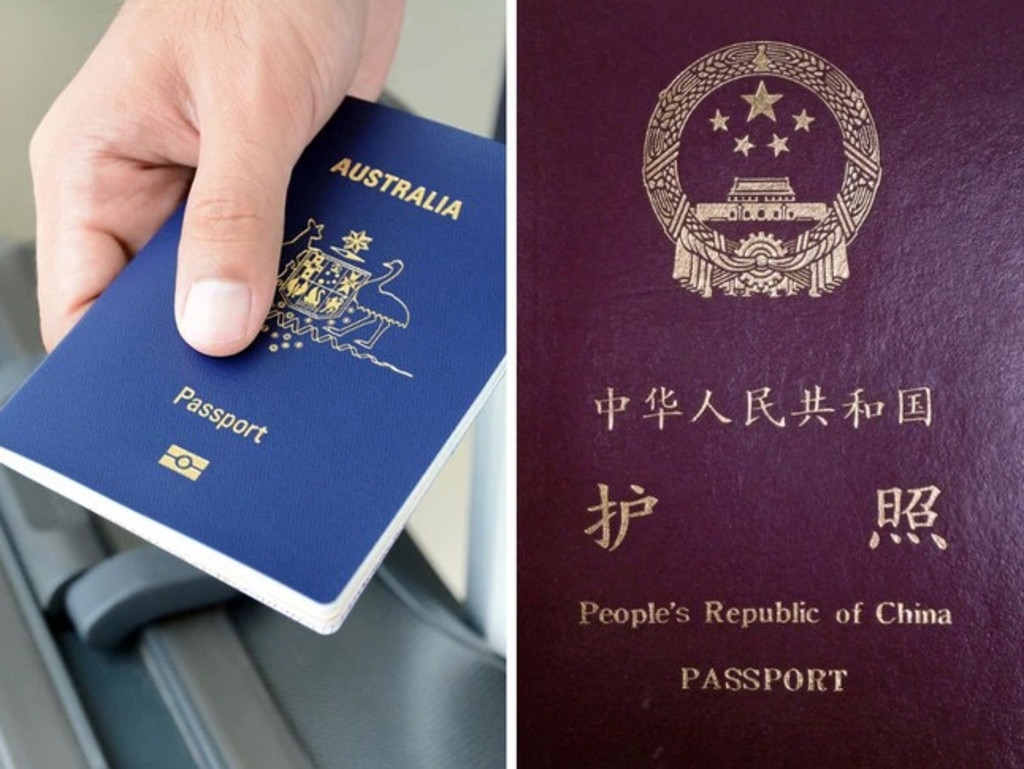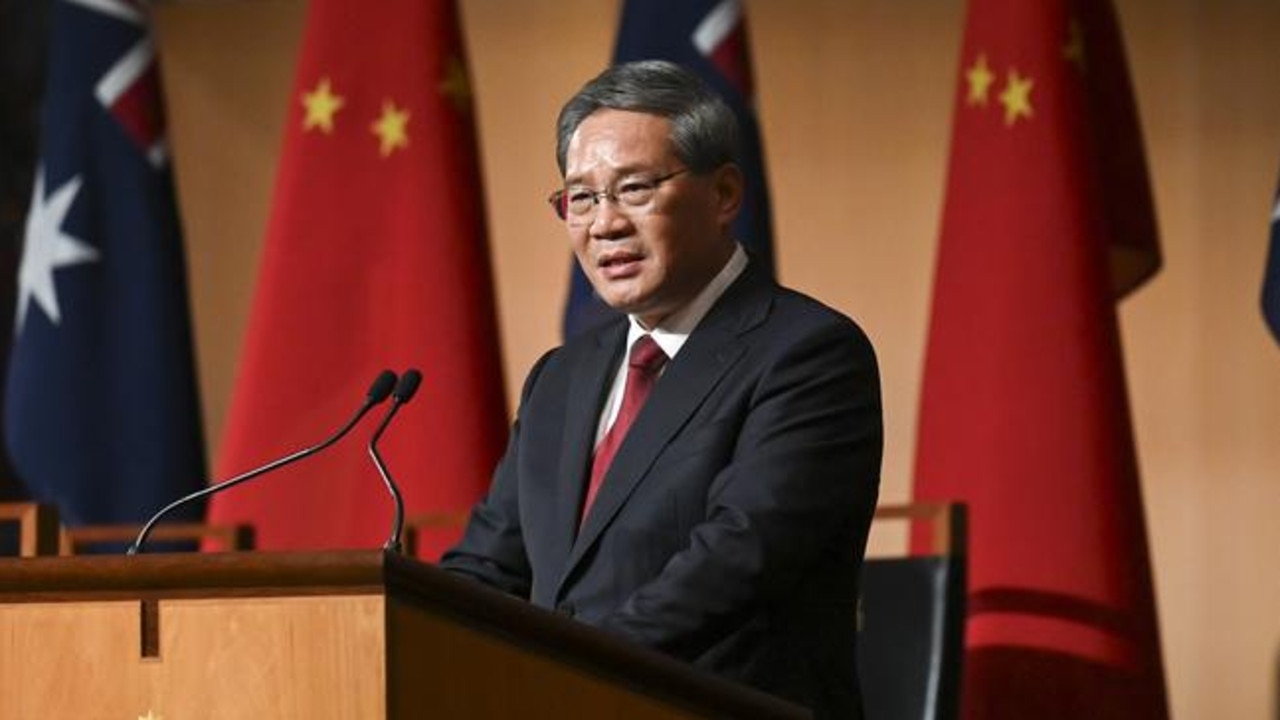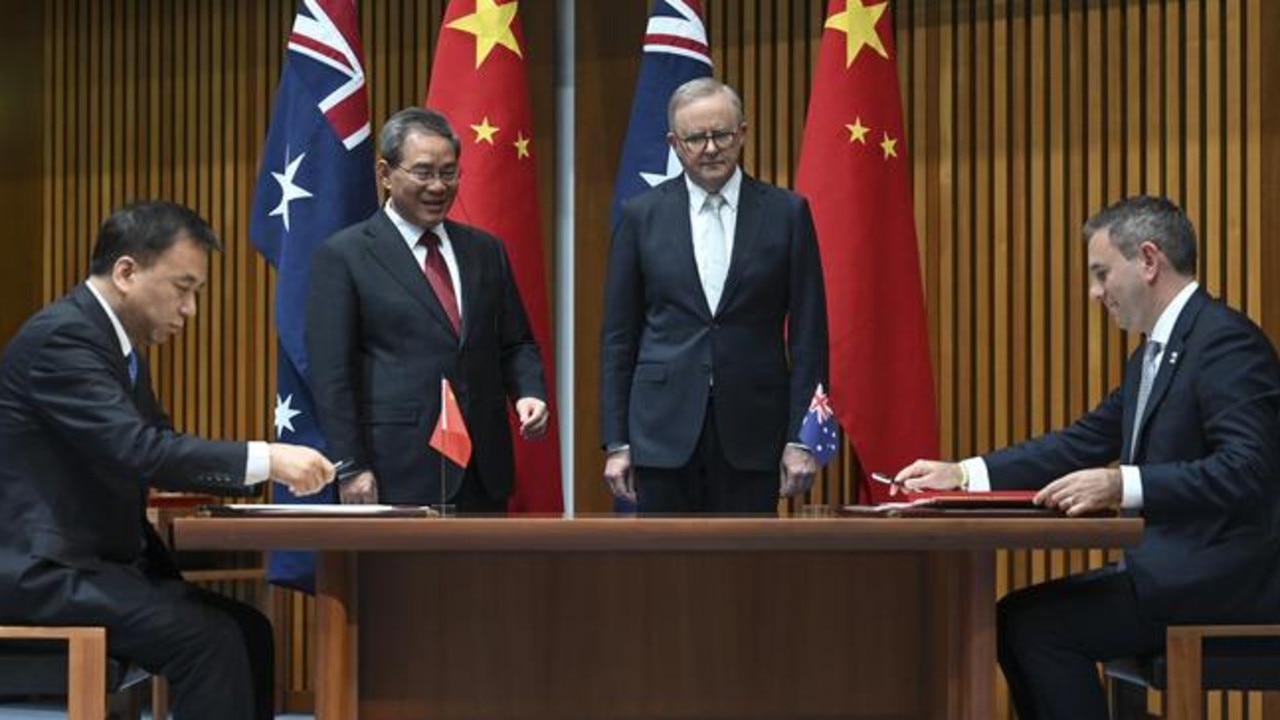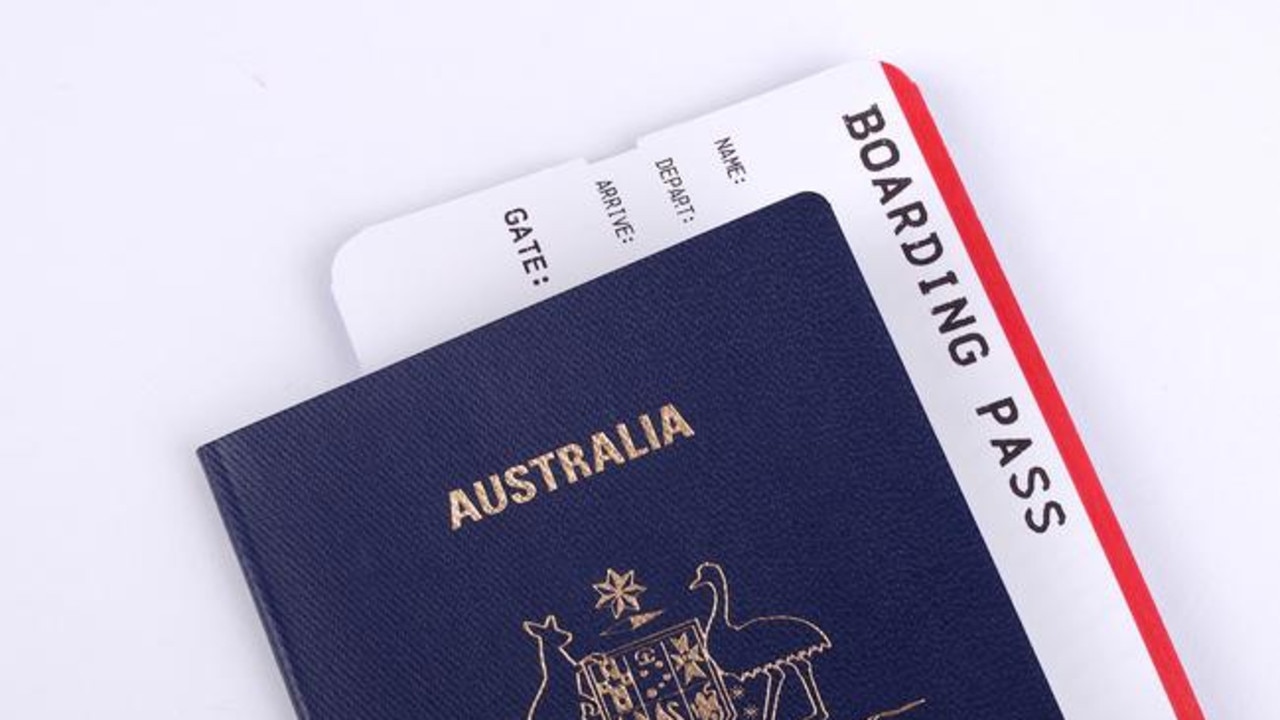China’s huge passport move for Aussies
As of tomorrow, Aussies heading to China will no longer need to do this, becoming just one of 14 countries that enjoy this perk.
Australian passport holders can now visit China without a visa for up to 30 days for business, tourism, family visits, transit and exchange purposes.
Chinese premier Li Qiang made the announcement at Parliament House in June during his visit where he explained Australia would be included in the Asian country’s visa waiver program to fast track international travel for Aussies travellers.
Initially, it was for 15 days, but it has now been extended to 30 days and will be effective from tomorrow (November 30) until December 31, 2025.

The number of nations enjoying visa-free entry to China now totals 14, including New Zealand after it was added to the program in May.
“We agreed to provide each other with reciprocal access to five-year multiple entry visas for tourism, business, and visiting family members to better facilitate personal exchanges. China will also include Australia in its visa waiver program,” Mr Qiang said in June.
Multiple entry visas mean a person will be able to enter and exit the country as many times as they want during the time their visa is valid.

The announcement comes as business travel between Australia and China experienced growth with a 19 per cent hike in July to September 2024, compared to the same period last year, according to Flight Centre.
Flight Centre Corporate Global COO Melissa Elf said she anticipated that would only further grow as Australia lines up to break through pre-pandemic levels of capacity between the two nations for the first time.
“This move means Australian businesses will be able to travel more seamlessly, cost effectively and for longer periods, thanks to the growing demand of corporate and personal travel, and the cutting of red tape,” Ms Elf said.

“China’s appetite for connectivity to Australia and its willingness to invest in our trade relationship is a clear indicator of its critical importance on both sides, and it is great news for the growing travel demand that Flight Centre Corporate continues to see.”
Mr Qiang said his visit to Canberra demonstrated that China’s relationship with Australia is “on the right track” as the trading partners moved on from a bitter economic dispute despite a duel for influence in the Pacific
Prime Minister Anthony Albanese declared relations between the two nations as “renewed and revitalised”, adding there will also be talks on improving military relations to avoid incidents such as last year’s sonar attack on HMAS Toowoomba.

“One of the very practical measures that we spoke about was improving military-to-military communication so as to avoid incidents,” Mr Albanese told reporters in June.
“So obviously what will happen is that officials will go away, and we’ll have that discussion about how that can be implemented in practice.”
Travel to China booms
Ms Elf said the country is well ahead of what the travel experience was just 18 months ago between Australia and China.
“It was only in March last year that borders were fully opened between our two countries following the pandemic,” she said.
“It’s no coincidence that the uplift in numbers has coincided with the returning capacity from the Chinese carriers.
“We’ve long been advocates of more airlines, to more destinations, offering more choice – this is a good example of the positive impact it has when this comes to fruition.”
Ms elf said she expects to see corporates adding on extra time to their trips, given the new travel policy, as they increasingly take up the ‘bleisure’ trend and add holidays to the start or end of a work trip.
“Asia makes up seven of our corporate’s top ten international destinations, which are rounded out with Papua New Guinea, the UK and the US. It’s a critical hub for our manufacturing, education, mining, construction, and retail sectors, and Shanghai is the most significant destination to Australians, followed by Beijing and Guangzhou.”






